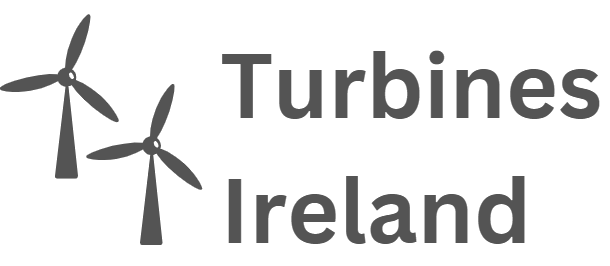
Introduction
In today’s world, there is a growing concern for the environment and sustainability. Many individuals and businesses are seeking ways to reduce their carbon footprint and support renewable energy sources. One way to contribute to this cause is by purchasing renewable energy certificates (RECs). In this blog post, we will explore what RECs are, how they work, and what they mean for consumers.
What are Renewable Energy Certifications?
Renewable Energy Certifications, also known as Renewable Energy Credits, are a mechanism used to incentivize the generation and use of clean, renewable energy. They represent the environmental attributes associated with one unit of renewable energy, such as solar, wind, or hydropower.
How do RECs work?
When renewable energy is produced, it is injected into the electricity grid, where it mixes with energy from various sources. It becomes challenging to differentiate between renewable and non-renewable energy once it’s in the grid. Here’s where RECs come into play.
For every megawatt-hour (MWh) of renewable energy generated, an REC is created and tracked. These certificates serve as proof that one unit of electrical energy was generated from a renewable source. They can be bought and sold separately from the actual electricity, allowing consumers to claim the environmental benefits of using renewable energy even if they can’t physically access it.
Why should consumers buy RECs?
By purchasing RECs, consumers can support the growth and development of renewable energy projects. Here are a few reasons why consumers might choose to buy RECs:
- Environmental Impact: Buying RECs helps reduce greenhouse gas emissions and fossil fuel consumption, contributing to a greener future.
- Benefits for Businesses: Many businesses purchase RECs to meet sustainability goals, enhance their reputation, and align their brand with renewable energy initiatives.
- Supporting Renewable Energy Development: By financially supporting renewable energy projects, consumers can contribute to the growth of the clean energy sector and help accelerate the transition away from fossil fuels.
Understanding Renewable Energy Labels
When purchasing RECs, it’s important to understand the different types and labeling associated with renewable energy:
1. Source and Location
A REC can specify the renewable energy source and where it was generated. For example, you might come across wind RECs, solar RECs, or hydro RECs. Additionally, some certificates mention the location of the energy generation, such as state-specific RECs.
2. Certifications and Standards
Renewable energy certificates can be certified by various programs and standards. Some commonly recognized certifications include Green‑e Energy, which ensures REC transparency, integrity, and quality.
3. Additionality
Additionality is an essential concept related to RECs. It refers to the idea that purchasing RECs leads to the development of new renewable energy projects that would not have been possible without the financial support from purchasers. Buyers should look for additionality claims to ensure they are effectively supporting new projects.
How to Buy RECs
Now that we understand what RECs are and why they are important let’s explore how to purchase them:
1. Research Providers:
Start by researching renewable energy certificate providers. Look for providers that offer transparency, reasonable pricing, and verified certifications.
2. Determine your Energy Usage:
Calculate your electricity consumption to understand how many RECs you need to offset your energy usage. This information is commonly available on your electricity bill.
3. Choose the Right REC:
Consider the renewable energy source, location, and certification when selecting your RECs. Determine which attributes align best with your personal or business sustainability goals.
4. Purchase the RECs:
Once you have chosen your RECs, proceed with the purchase. Providers typically offer online platforms to facilitate the transaction, making it a seamless and straightforward process.
Conclusion
Renewable Energy Certifications provide consumers with a practical way to support and promote renewable energy. By purchasing RECs, individuals and businesses can contribute to a cleaner, more sustainable future. Understanding the different types of RECs and how to buy them empowers consumers to make informed choices and further the growth of renewable energy projects.
So, whether you want to offset your electricity consumption or actively support renewable energy initiatives, consider purchasing RECs and become part of the solution to combat climate change.
